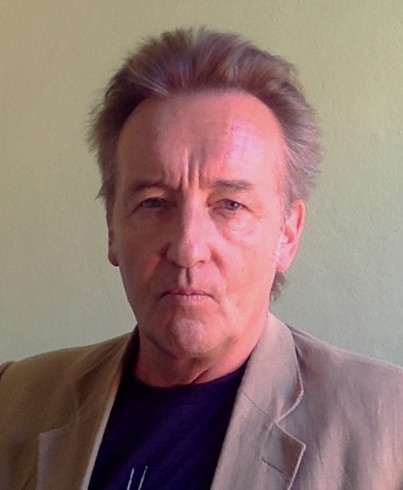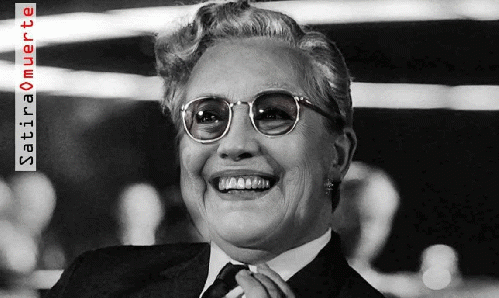Reprinted from Strategic Culture
Former director of the Central Intelligence Agency Michael J Morell is the latest in a phalanx of senior US military-intelligence figures who are shedding any pretense of political neutrality and giving their full-throated endorsement to Democrat presidential candidate Hillary Clinton.
In a New York Times opinion piece, Morell starkly backed Clinton as the most highly qualified to be commander-in-chief" keeping our nation safe.
The ex-CIA chief's op-ed piece also served as a blunt hatchet job on Republican presidential rival Donald J Trump. Morell said the New York billionaire-turned politician is not only unqualified for the job, but he may well pose a threat to our national security.
The hoary, old scare-theme of national security is being rehabilitated as the criterion for electing Clinton. It also has the disturbing connotation of an increasingly militarized totalitarian regime that the United States is becoming.
While showering Clinton with glowing praise, the former CIA spymaster trounced Trump with a litany of flaws, including self-aggrandizement, his overreaction to perceived slights, his tendency to make decisions based on intuition, his refusal to change his views based on new information, his routine carelessness with the facts, his unwillingness to listen to others and his lack of respect for the rule of law.
Morell's coup de grace for Trump was that he was a national security danger owing to his alleged indifference towards the US-led NATO military alliance and European security, and unwillingness to confront Russia.
After accusing Trump of being careless with facts , Morell makes this reckless, sensationalist claim: "In the intelligence business, we would say that Mr Putin had recruited Mr Trump as an unwitting agent of the Russian Federation."
This is a breath-taking interference in the nominally civilian sphere of US politics by unelected military-paramilitary elements, whereby a candidate for presidency is accused of being a foreign puppet. It is a throwback to the Cold War witch-hunting days of McCarthy and Un-American activities.
This very public intervention by a top CIA figure in the US presidential election is an extraordinarily brazen affront to constitutional norms. Traditionally, the American military and intelligence apparatus has always been careful to assume a neutral relation with regard to Washington politics -- at least in public.
In the 2016 election, however, the boundaries between civilian politics and the military powers are being flagrantly jettisoned. The military and the Deep State cabal are, in effect, moving to preordain the White House occupant. This situation has barely perceptible difference from a military coup appointing a civilian junta to administer.
At the Democrat National Convention in Philadelphia last week, the endorsement of Hillary Clinton by military top brass was conspicuous. One of the main Pentagon cheerleaders was Four-Star Marine General John Allen, who gave a bloodcurdling and ranting speech declaring how our enemies will fear an America led by Clinton.
This rush to partisan politics by the US military has even led to unease among certain Pentagon quarters. Only days after the DNC's militaristic rally, General Martin Dempsey, who was formerly Chairman of the Joint Staffs, took the unprecedented step of publishing a cautionary article warning: Keep Your Politics Private, My Fellow Generals and Admirals.
Dempsey did not mention General Allen or others by name, but it was clear to whom he was referring and the jingoistic display in support of Clinton. And it was also clear that Dempsey saw the open embrace of partisan politics by the Pentagon as a worrying development undermining democracy in the US. He feared the erosion of civil-military relations.
What is that qualifies Hillary Clinton for such support? Former CIA boss Morell listed these attributes as "her belief that America is an exceptional nation that must lead in the world for the country to remain secure and prosperous; her understanding that diplomacy can be effective only if the country is perceived as willing and able to use force if necessary; and, most important, her capacity to make the most difficult decision of all -- whether to put young American women and men in harm's way."
(Note: You can view every article as one long page if you sign up as an Advocate Member, or higher).






